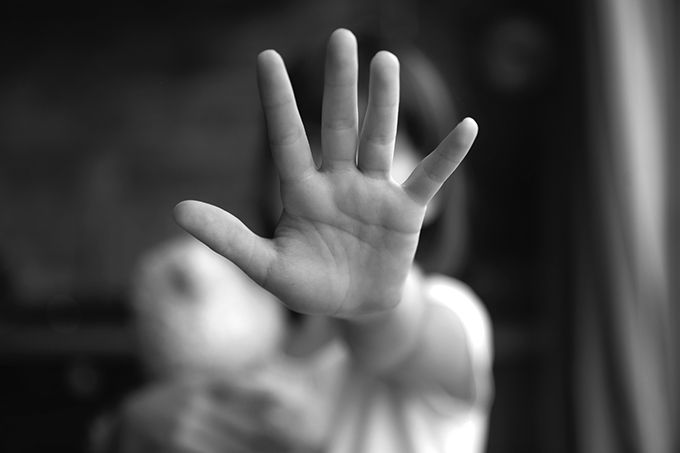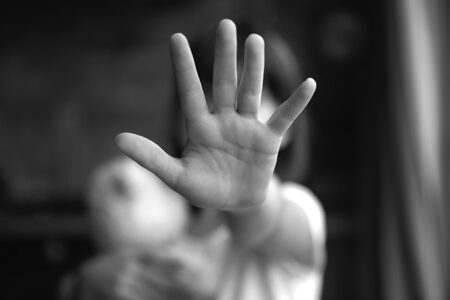Adult bullying

While many believe that bullying only happens throughout childhood, it doesn’t always stop once we grow up. In fact, almost one in three adult Americans report being bullied, with 43% feeling that adult bullying has become a more acceptable behavior. Making it an unacceptable behavior is important since bullying can have damaging effects–even for those doing the bullying.
The American Psychological Association (APA) defines bullying as “a form of aggressive behavior in which someone intentionally and repeatedly causes another person injury or discomfort.” Just like children and teenagers can be bullies, so can adults.
An adult bully can regularly make the victim of their actions feel oppressed, belittled, humiliated, or de-energized. Some of the behaviors that they engage in include:
— Invasion of the other person’s personal space — Personal insults — Public shaming — Ridiculing jokes –Threats –Unwanted personal contact
Bullying can affect our mental health short and long term. Both victims and perpetrators of bullying face:
–Behavioral problems — Emotional issues — Increased risk of mental health conditions, such as depression -Reduced self-esteem and — Troubles socially and in school
Adult bullying can have harmful effects on bystanders as well. One study found that people who witness bullying tend to have more psychological symptoms. They also have less life satisfaction.
Strategies for dealing with adult bullying vary depending on whether we are the victim, bystander, or the perpetrator. A few things victims of adult bullying can do to protect themselves: — Decide when to respond, — Make eye contact, — Escape if possible, — Document the offenses.
When deciding when to respond — If the behavior is not excessive or harmful and contact with the bully is infrequent (such as only at yearly family gatherings), it may be possible to just avoid the other person. Because of the amount of time it can take to handle bullying behavior in many cases, picking one’s battles if it isn’t directly harmful may be the best option. –Making eye contact can be significant, as bullies have less empathy when they can’t see your face or eyes. Having strong eye contact is also a sign of greater self-confidence, which can reduce the likelihood of being bullied in the first place because it makes us a less desirable target. — Escape if possible. For instance, at work we might ask to move our desks further away from the bully or limit our interactions with them whenever possible. — When documenting the offenses, make sure to document every single offense and keep those records for as long as possible. They may be needed later to file a complaint at work, or, in some cases, a police report if the bully’s actions become emotionally or physically damaging.
Dealing with a bully can take a toll in various ways. Help exists for its effects, whether those effects are physical, mental, or both.
For physical consequences of being bullied, like experiencing sleep issues or having pain conditions triggered by elevated stress, a primary care provider can help. To cope with the mental effects of bullying, consider working with a mental health professional.
It’s also beneficial to utilize our support network. Find support from co-workers, friends, or family. Sometimes the best way to buffer the impact a bully has on us is to reach out to others in our life, giving our feelings a voice and having our emotions validated.
If you need someone to reach out to feel free to contact Becky or Deb at Together We Can. Our number is (515) 391-3233. We would be happy to be a support for you. You can also stop by our office at 8 West Church Street. You don’t have to deal with being bullied alone.
——-
Becky Brown and Deb Williams are the cofounders of Together We Can, a mental health nonprofit based in Marshalltown.

